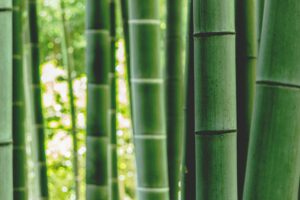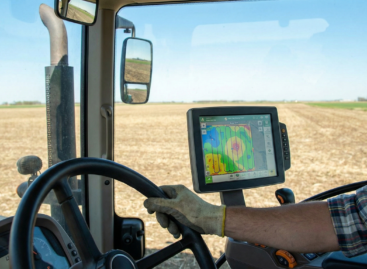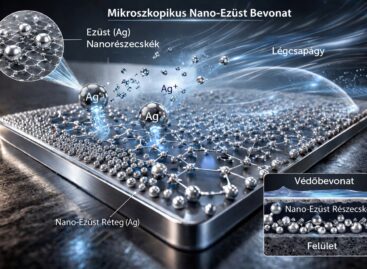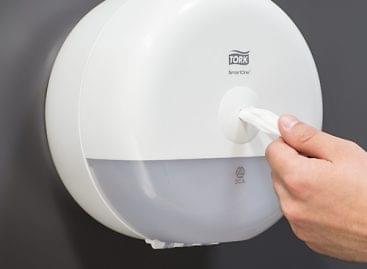”Bamboo plastic”: stronger than traditional plastic, yet decomposes in 50 days – a new raw material could be used in packaging
Chinese researchers have presented a “molecular plastic” (BM-plastic) made from bamboo that rivals petroleum-based plastics in mechanical strength, while completely degrading in soil in less than two months. The development was reported in Nature Communications; the work is the work of a team from Northeast Forestry University in Harbin and Shenyang University of Chemical Technology.
 The researchers use a deep eutectic solvent (zinc chloride + formic acid) to break down the cellulose network of bamboo at the molecular level, then rearrange the hydrogen bonds with ethanol treatment, resulting in a denser, more ordered structure – this is what gives it its high strength and thermoformability. According to the publication, the material works in several processing modes (molding, pressing) and degrades in soil in ~50 days.
The researchers use a deep eutectic solvent (zinc chloride + formic acid) to break down the cellulose network of bamboo at the molecular level, then rearrange the hydrogen bonds with ethanol treatment, resulting in a denser, more ordered structure – this is what gives it its high strength and thermoformability. According to the publication, the material works in several processing modes (molding, pressing) and degrades in soil in ~50 days.
Why is this important for trade and the packaging industry?
-
Sustainability pressure: The FMCG sector is looking for alternatives that combine industrial performance and biodegradability. BM-plastic offers both on paper – so in principle it could be an alternative in retail packaging, trays, caps and even more durable casings.
-
Raw material supply: Bamboo is a rapidly renewable raw material (some species can grow up to ~1 m per day), so capacity expansion could theoretically be more flexible than wood or some agricultural residue-based solutions.
-
Ecosystem compatibility: The method uses near-room temperature chemical processes, and reportedly does not require extreme heat or aggressive by-products – this has cost and footprint advantages can bring when scaling. (Accurate LCA and industrial validation are still a research question.)
Where is the validation?
The announcement is supported by a peer-reviewed scientific publication; the news was also echoed in the international trade press (De Morgen, Phys.org, New Atlas). The next step is pilot and industrial testing, with particular attention to food contact compliance (EU/US), shelf life and barrier parameters, as well as industrial compostability and home biodegradability certifications (e.g. EN 13432, TÜV OK compost).
If the lab results are confirmed on an industrial scale, BM-plastic could be a competitive alternative in retail packaging – especially where brands are looking for tangible footprint reduction and a unique material history.
Related news
Fashion, drones and sustainability – the new face of agriculture at the AgriTech InnoExpo event
🎧 Hallgasd a cikket: Lejátszás Szünet Folytatás Leállítás Nyelv: Auto…
Read more >A lake of wastewater is generated in Hungary in two to three weeks
🎧 Hallgasd a cikket: Lejátszás Szünet Folytatás Leállítás Nyelv: Auto…
Read more >Tork at SIRHA Budapest: hygiene, efficiency and sustainability for the HoReCa sector
🎧 Hallgasd a cikket: Lejátszás Szünet Folytatás Leállítás Nyelv: Auto…
Read more >Related news
Innovations, success stories and awards on the same stage
🎧 Hallgasd a cikket: Lejátszás Szünet Folytatás Leállítás Nyelv: Auto…
Read more >NAV: Women’s Day inspections begin
🎧 Hallgasd a cikket: Lejátszás Szünet Folytatás Leállítás Nyelv: Auto…
Read more >







